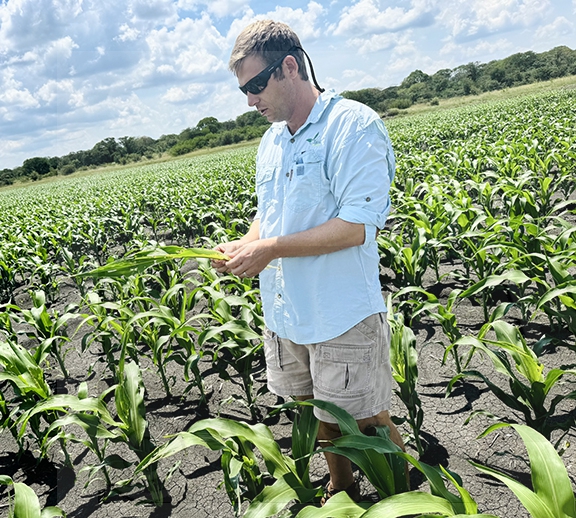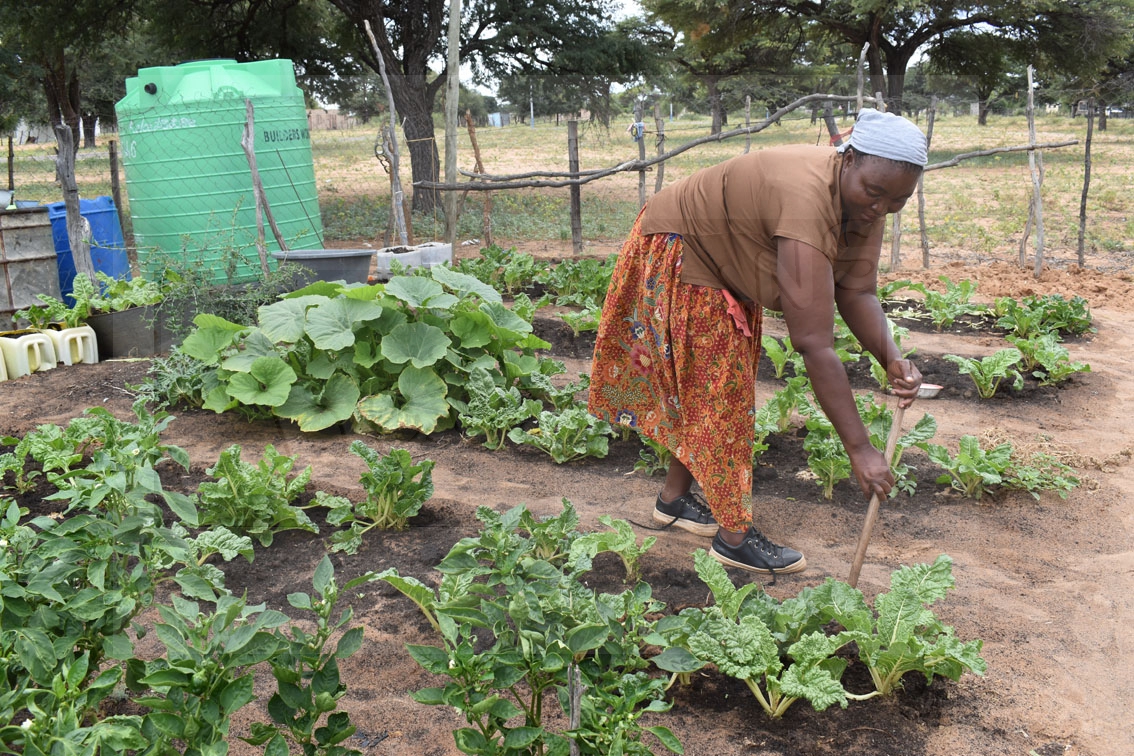Ostrich farming commercially viable
09 Aug 2023
Though besieged by different challenges, Botswana’s ostrich farming sector can be revived.
This came to light during the Botswana Ostrich Farmers Association (BOFA) the recent Annual General Meeting in Gaborone.
The meeting brought together ostrich farmers, the ministry of agriculture and the Botswana University of Agriculture and Natural Resources (BUAN) in a bid to resuscitate the sector.
Chief Scientific Officer in the Department of Animal Production at the Ministry of Agriculture, Mr Bueno Mokhutshwane, said research indicated that Botswana had the world’s largest population of wild ostriches, an apparent indication of how well the flightless birds can thrive commercially and domestically.
“Our environment is conducive and favourable to ostriches. Looking at economic diversification, we have a comparative advantage, in the sense that what we have in abundance is inclined to naturally thrive here,” he said.
Mr Mokhutshwane explained that it was in that light that the government began to encourage ostrich farming, and encouraged formation of farmers’ associations to unify the voice of ostrich farmers. With the increase in the number of ostrich farmers, and armed with information about the lucrative markets abroad, the government built an ostrich abattoir capable of, and certified to, export ostrich meat to the European Union (EU).
The abattoir was expected to slaughter 20 000 ostrich per annum, but never reached its full potential. The government is currently planning to refurbish the slaughtering plant.
BOFA chairperson, Mr Thabo Mokwena said even though ostrich farming had been historically challenged, it still have a bright future.
“South Africa is the world leader in ostrich production with 75 to 80 per cent of the global market share. Ostrich products generate approximately R1.2 billion (about P856 million) to the South African economy and R700 million (about P499 million) is from the meat,” Mokwena said.
BUAN senior lecturer, Dr John Moreki gave a presentation on the current status of ostrich farming in the country, which painted a picture of a sleeping giant. Dr Moreki said that the commercial ostrich industry had not been performing well as the farmed ostrich populations declined over time, resulting in throughput being affected.
“Currently, there is virtually no commercial ostrich farm that is operational in Botswana. Only one ostrich farm, the Dibete Ostrich Multiplication Unit (DOMU) that is owned by the government, is operational and it is estimated to have less than 500 ostriches of different ages,” Dr Moreki.
Through his research, Dr Moreki discovered that several factors contributed to the decline of the sector, such as the frequent closures of the abattoir, lack of access to credit finance, inadequacy of extension support, high cost of feed, and unreliable supply of feed.
To revive the ostrich industry, Dr Moreki suggested that the ostrich abattoir be handed back to the ostrich farmers to operate provided they can raise about 1700 birds per month for slaughter. Ends
Source : BOPA
Author : Job Makati
Location : Gaborone
Event : Meeting
Date : 09 Aug 2023





